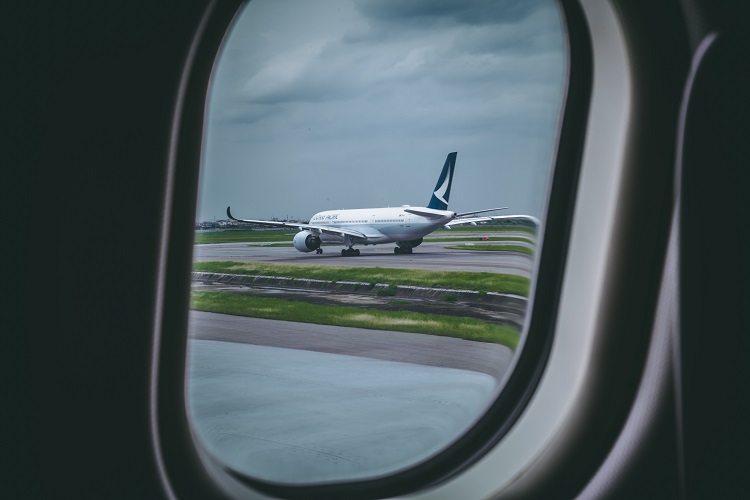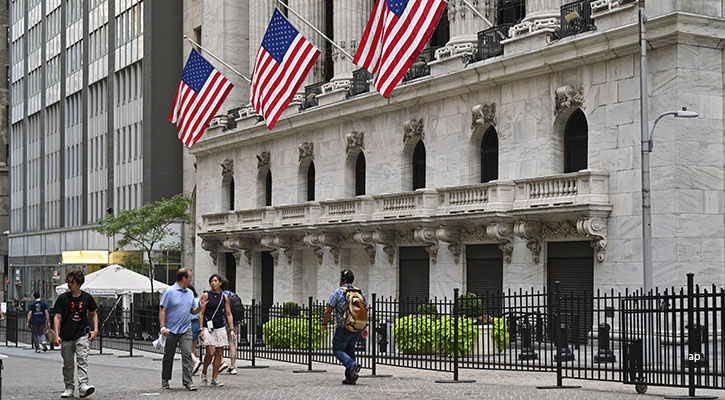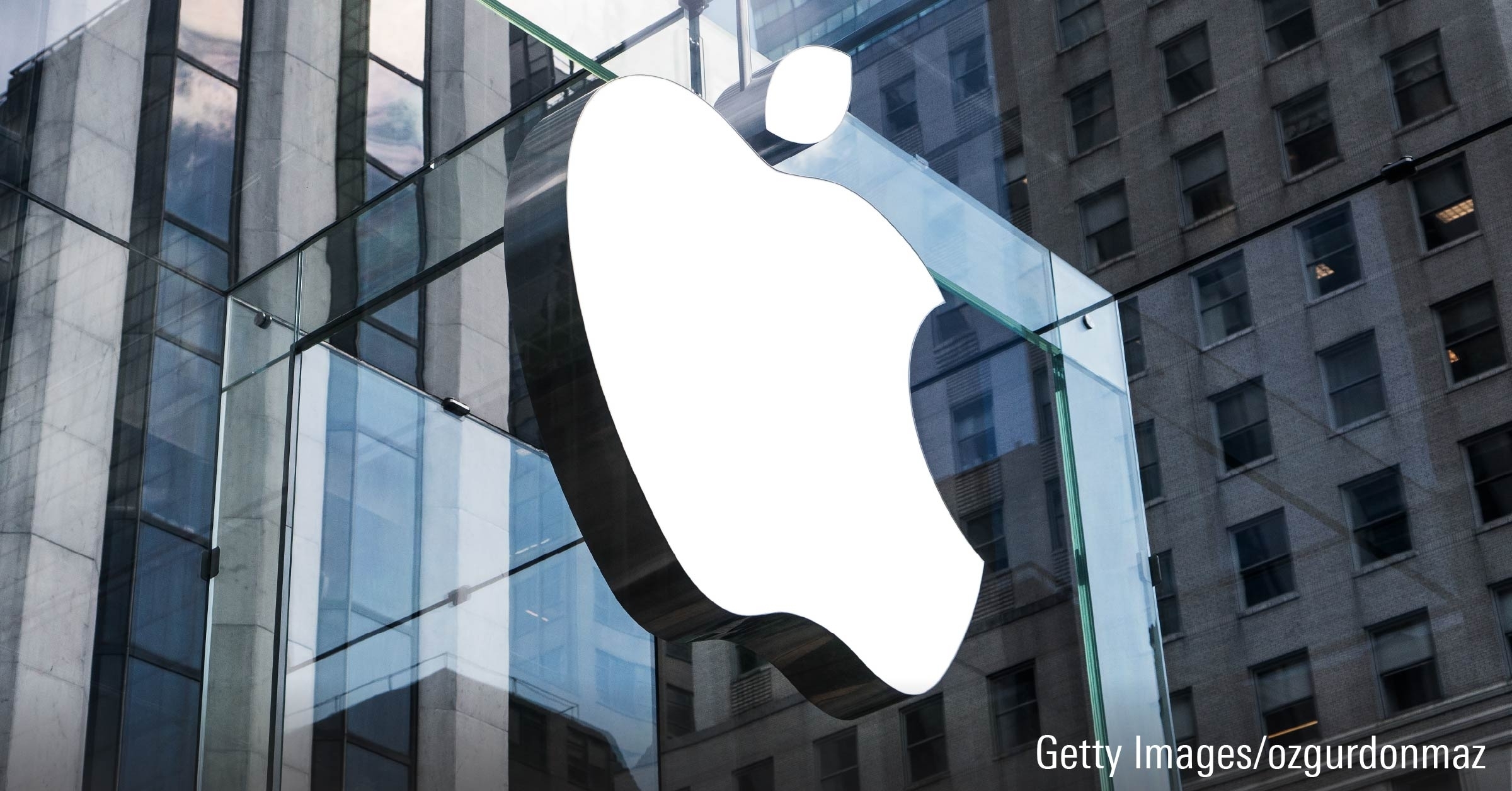
Cathay Pacific Airways' recapitalization plan ensures the firm’s survival during the coronavirus pandemic, but it comes at a slight cost to shareholders. Around half of the HKD 39 billion bailout funds comes from the issuance of HKD 19.5 billion preferred shares to the Hong Kong government. Another 30% of funding will come from warrants and rights issuance at HKD 4.68 per share, or 53% below our previous fair value estimate, translating into around HKD 1.30 per share of value dilution. A low-interest bridge loan offered by the Hong Kong government makes up the remaining 20% of the rescue package.
After considering all factors, our fair value estimate is lowered to HKD 7.00 from HKD 9.90. We continue to expect the firm to record a 56% decline in overall revenue for 2020, followed by a gradual recovery over future years. Based on IATA’s current air travel forecast, we think Cathay Pacific’s full rebound to pre-virus levels will only come at the end of 2022. According to Cathay Pacific, its business is burning through cash at a rate of HKD 2.5 billion to HKD 3 billion per month. Based on our estimate that Cathay Pacific had around a HKD 27 billion cash cushion before the recapitalization, the group could run out of cash by as early as October 2020. Therefore, we think the recapitalization is a prudent move to avoid solvency issues in the near term.
The perpetual preferred shares will be sold to the Hong Kong government for HKD 19.5 billion along with HKD 1.95 billion of warrants. The preferred shares also carry a deferrable 3% coupon rate for the first three years. The coupon rate will go up to 5% in year four, 7% in year five, and reach a cap of 9% in year six. Given our view for air traffic activity to recover in fiscal 2022, we believe Cathay Pacific will be able to redeem the preferred shares on a staggered basis over the next three to five years. The HKD 1.95 billion of warrants carry an exercise price of HKD 4.68 per share.
Assuming the Hong Kong government exercise the warrants in full, it will own up to 6.1% of Cathay Pacific’s common shares. Since the government has no intention of becoming a long-term shareholder, it will most likely dispose of these shares once the carrier recovers from the pandemic.
The government is also set to appoint two observers at Cathay Pacific, who will participate in board meetings. However, the two observers do not have voting rights, with the board position remaining unchanged. The government noted the two observers will not be government officials but from a professional or business background.
Existing common shareholders are also entitled to the 7- for-11 rights issue. The HKD 4.68 per share issuance price is 33% below our fair value estimate, and 71% below net asset value as of the end of 2019. Therefore, we encourage long-term investors to subscribe to the issuance.
While the airline business is highly cyclical with large capital commitments, Cathay Pacific remains a premium player within its vertical. Long-term demand in travel in the region remains a growth driver while rising trade in the region also provides support for the airline’s cargo business. The addition of a third runway at Hong Kong International Airport will add further capacity and strengthen Hong Kong's transport and cargo hub.









.png)










